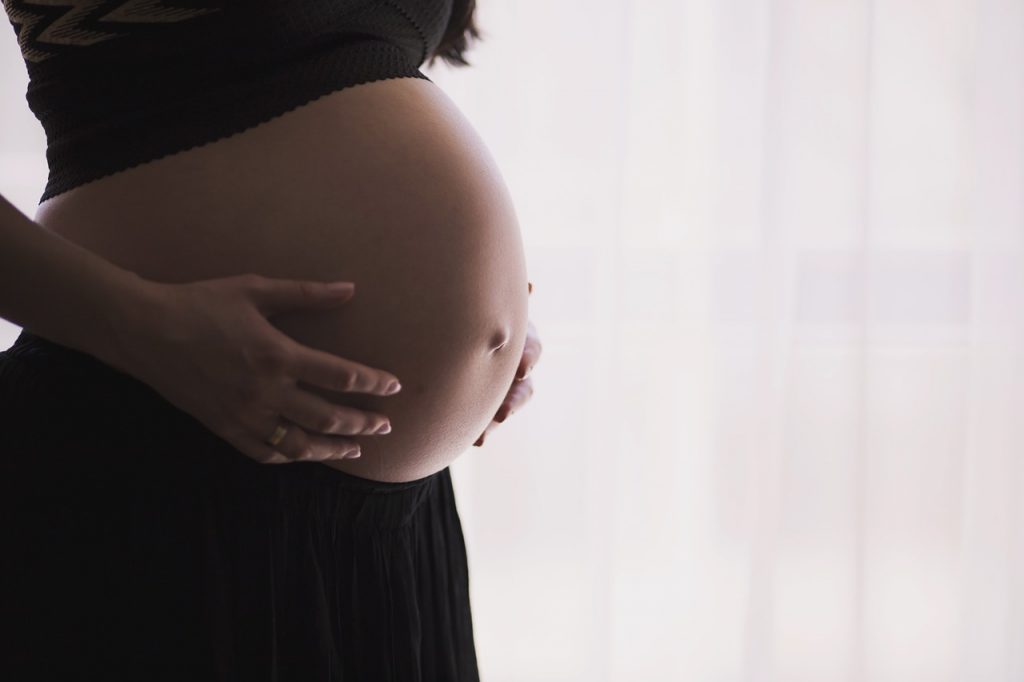Every couple has the dream to get pregnant and they do every possible act which will make this dream come true. Every step during pregnancy like getting pregnant, carrying the baby, and delivering the baby is equally important.
To smoothly sail through the different steps, the mother needs to be strong and healthy which can be achieved by a balanced and healthy diet along with essential physical activities. A balanced diet will help in achieving equilibrium between carbs, protein, fats, and nutrients.
During pregnancy, the energy and nutrient requirements shoot up due to weight gain, growth, and development of the fetus. It is necessary for carrying the mother to maintain a healthy weight for the sound growth and development of the baby.
The iron absorption during pregnancy is very efficient and increases the blood volume to provide enough oxygen supply for the mother and the baby.
A list of 10 foods to avoid while pregnant
A balanced and healthy diet is the key to maintain the perfect harmony between macro-and micro-nutrients essential for the growth and development of babies and the health of pregnant women. However certain food items and beverages may be harmful during pregnancy.
Some of the food items which might have been detrimental to the expecting mother and baby and discussed along with their salient features.
Unpasteurized Milk and Milk Products
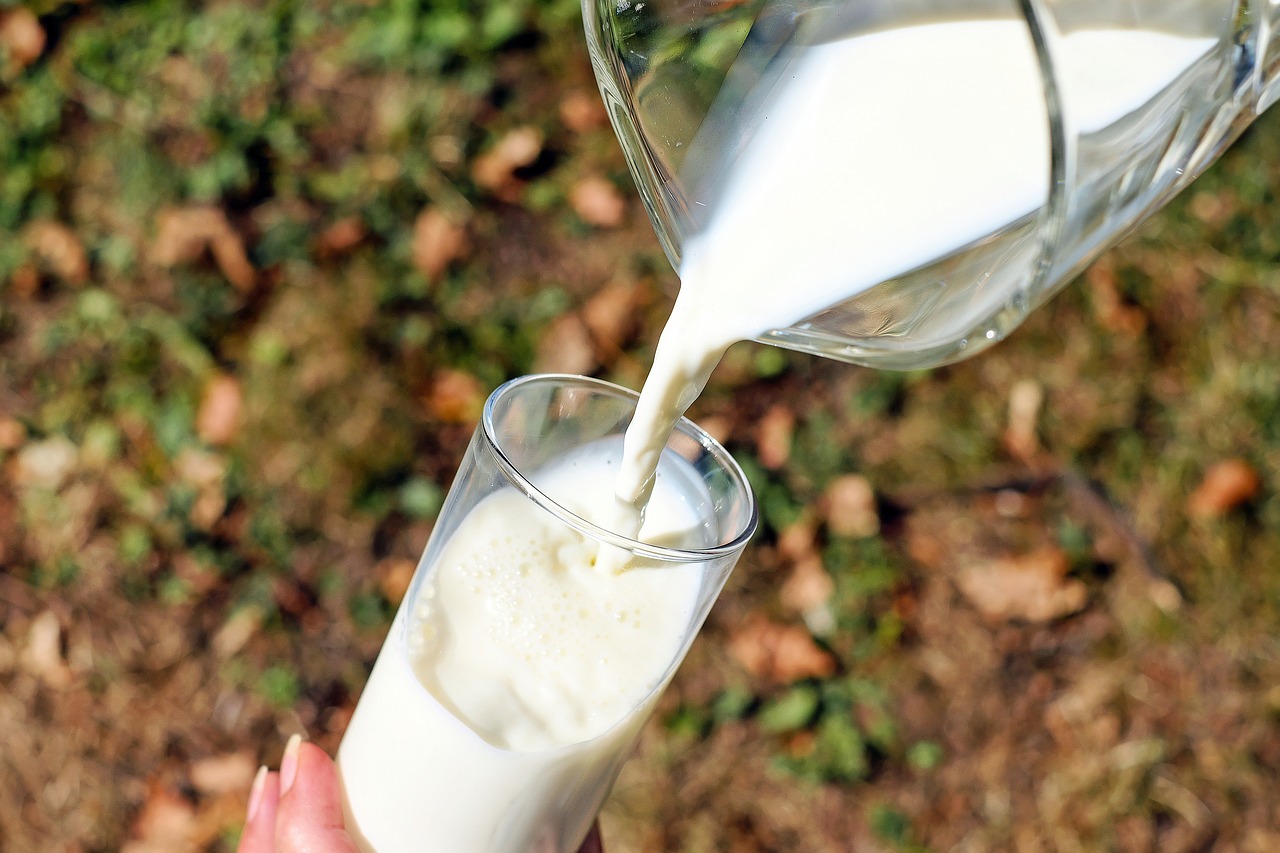
In urban areas, we are lucky to have only pasteurized milk however people living in the outskirts don’t have this sort of leverage and they are forced to have unpasteurized milk which may be harmful if consumed without boiling.
Unpasteurized milk and its associated dairy product may contain harmful microorganisms and lead to listeriosis, toxoplasmosis, and campylobacter. It can also be present in goat and sheep milk and its derived products such as soft cheeses.
Expecting mothers should only take milk products made with pasteurized milk.
Raw or Undercooked Meat
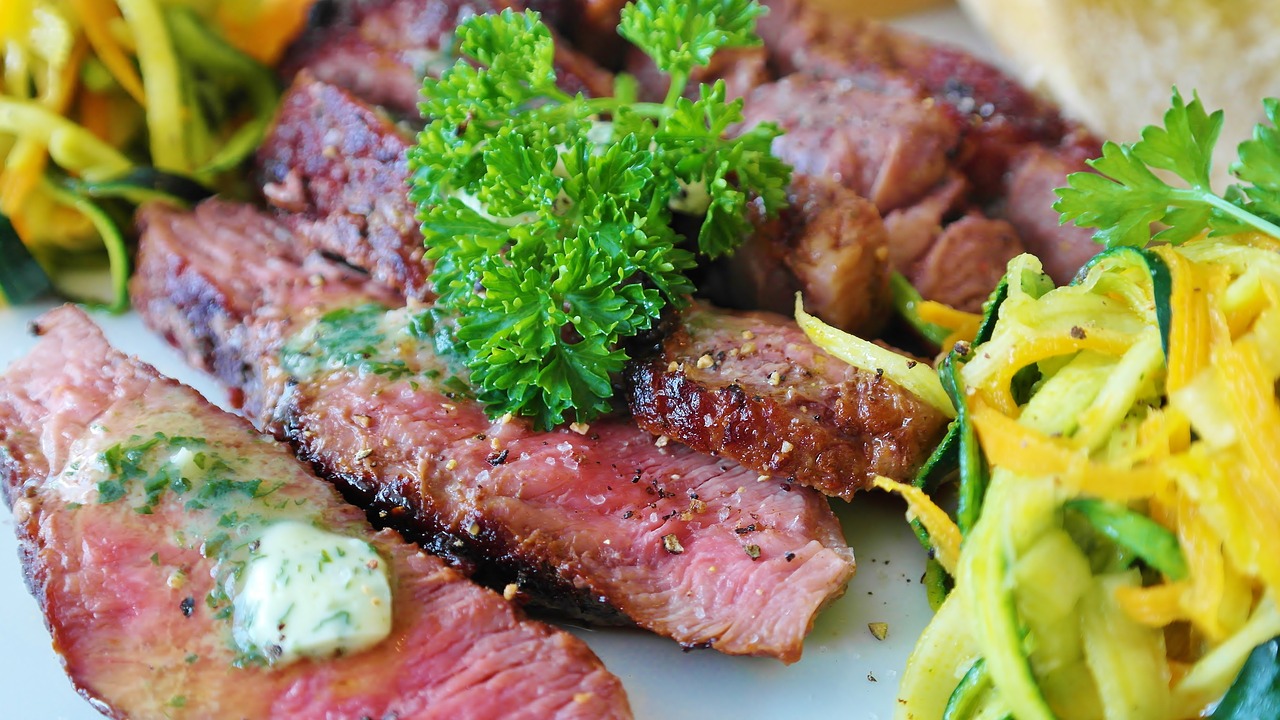
Due to the lifestyle changes, we opted for different cooking styles which may not be perfect cook for pregnant women and babies like grilled meat. It’s never been advisable to eat uncooked meat or raw fish however, it becomes dangerous during pregnancy.
Due to the presence of a tiny parasite in the raw meat which may result in toxoplasmosis. It is good to have well-cooked food to avoid the transfer of nay live microorganisms from meat to humans.
During pregnancy foods such as Parma ham, chorizo, pepperoni, and salami should be avoided for the healthy growth and development of the baby.
Deli meats must also be avoided as deli meat may contain listeria, a bacteria found in polluted water and soil.
Organ Meats
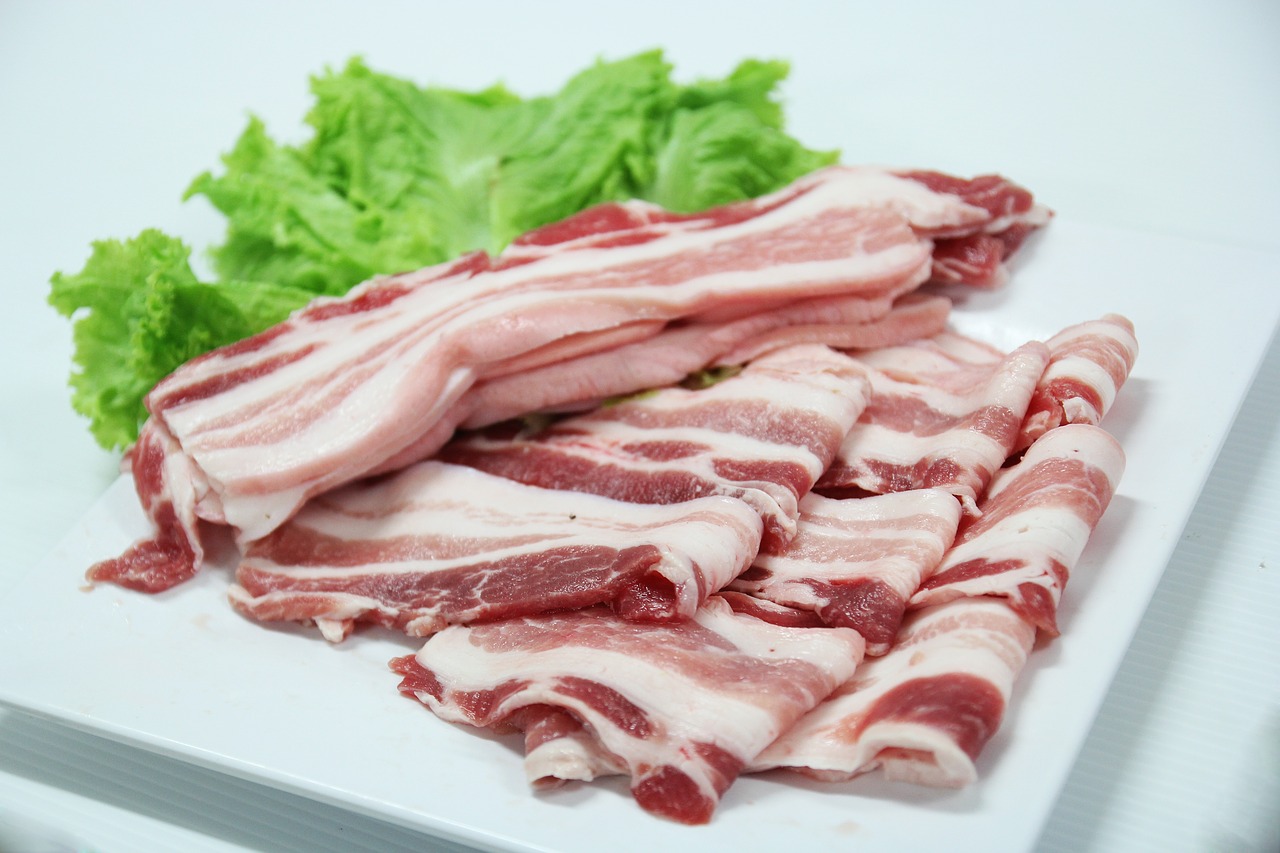
Organ meat is a rich source of fat-soluble vitamins such as vitamin-A, D, E, and K along with other important minerals which absorption is controlled by the liver.
These fat-soluble vitamins are stored in the liver for later use which makes them rich in vitamins, hence their consumption may lead to excessive vitamins in the body.
A pregnant mother should avoid taking liver meat which has excessive vitamins and may be harmful to the baby. Mothers should prefer multivitamins rather than prying on organ meat.
Undercooked or Raw Eggs
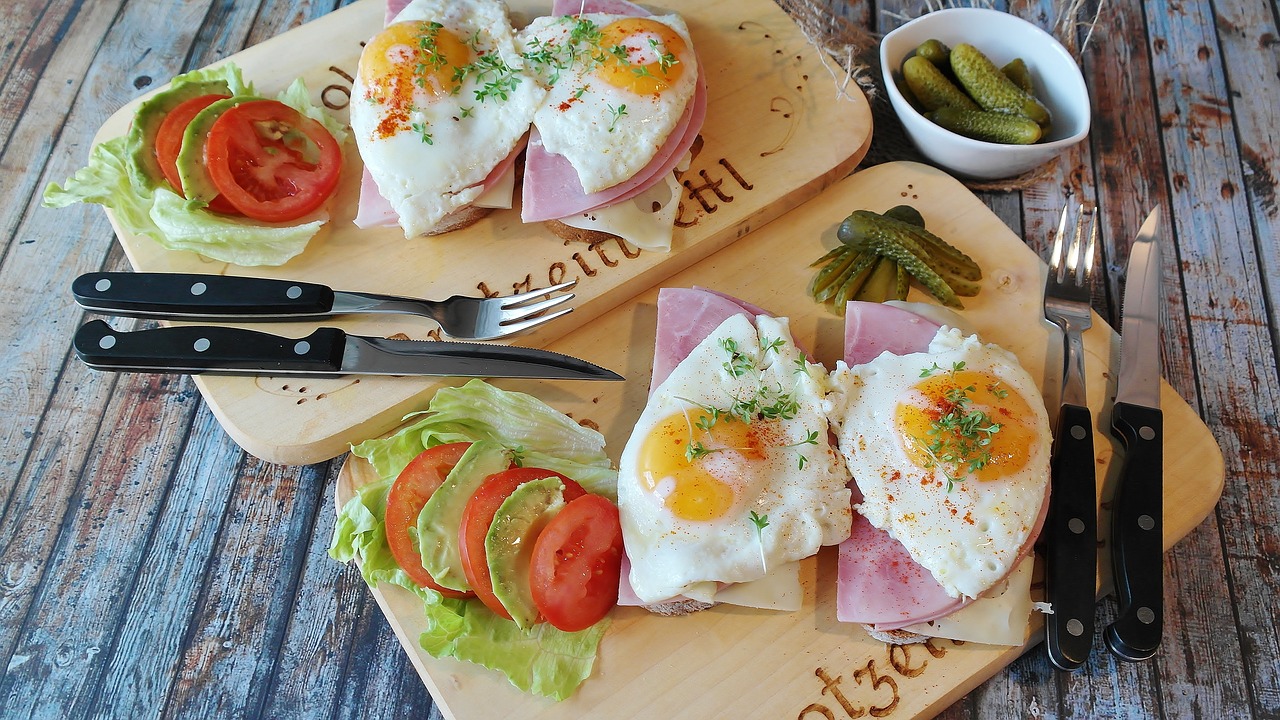
Though eggs are a rich source of protein, fat vitamins, and minerals which makes them the perfect balanced food however in dishes made with raw eggs can result in diarrhea and vomiting during pregnancy. It is caused by food poisoning due to the presence of harmful bacteria salmonella in raw eggs.
The food poisoning caused by salmonella can harm the baby. It’s advisable to use the perfectly cooked egg or look for salmonella-free eggs. Some of the egg varieties are free from salmonella however it is best to cook them before use.
Expecting mothers should avoid seafood such as sushi, raw shellfish(oyster & mussels), and foods that contain raw eggs.
Fatty Fish
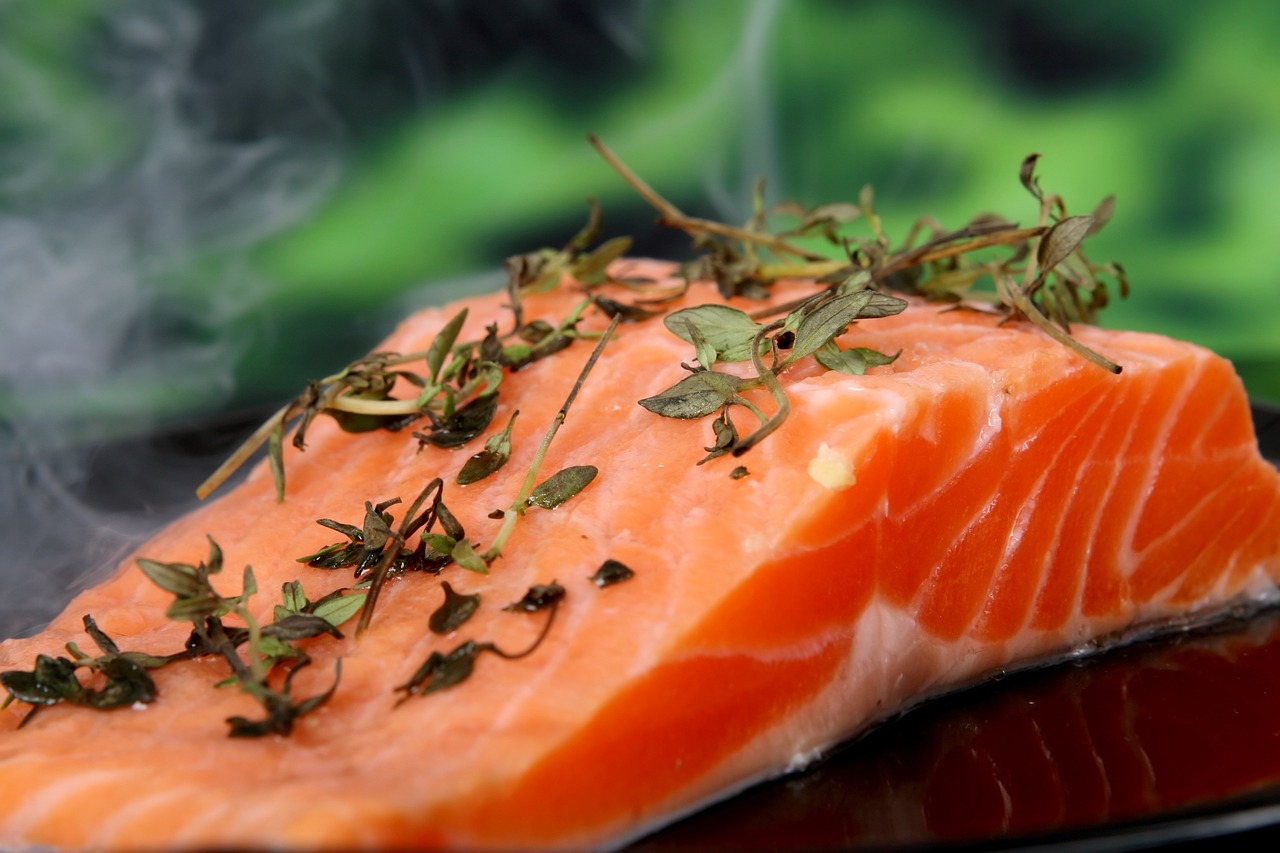
Fatty fish such as salmon, tuna, cord, king mackerel, trout, and sardines and rich in omega-3 fats and a rich source of vitamin D, and their consumption is good for health.
Pregnant women have enhanced requirements of omega-3 fats for the development and growth of the baby and at the same time vitamin D which are essential for strong bones.
The consumption of this fish is essential during pregnancy however the intake shouldn’t exceed two servings in a week.
Fats in the fish are a source of pollutants and heavy metals such as mercury, high levels of mercury are harmful to the baby’s nervous system. Pregnant women should avoid the consumption of fish such as swordfish and sharks.
Caffeine
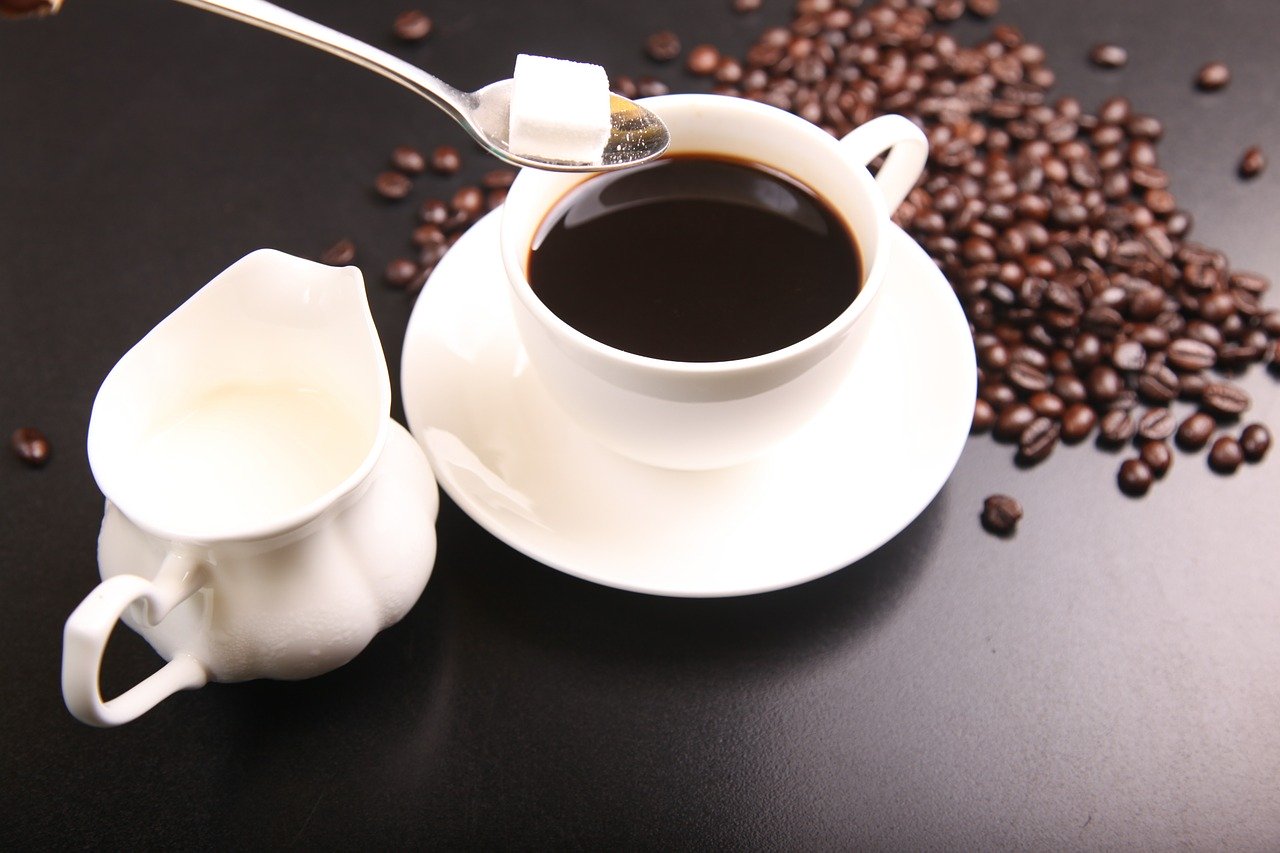
Coffee is a popular drink to enhance concentration and alertness due to the presence of caffeine. The consumption of caffeine might result in low birth weight and may result in miscarriages.
The consumption of caffeine is harmful to the baby and should be completely avoided during pregnancy. If it’s difficult to quit, women can go for decaffeinated drinks which will result in limited caffeine intake.
Caffeine is also present in varieties of drinks which should also be avoided however the content of caffeine can be limited by controlling the daily intake which may have similar effects.
Alcohol

There is always debate upon the use of alcohol during pregnancy. It should be avoided if possible, otherwise, the intake of alcohol should be controlled to one or two servings.
Many health professionals may not advise to entirely cut the alcohol intake however it’s good for both mother and baby. The consumption should especially be avoided during the first three months.
The excessive consumption of alcohol may result in electrolyte imbalance, excessive excretion, and malabsorption of important nutrients such as iron required for the essential supply of oxygen.
There is no amount of alcohol that is considered safe during pregnancy.
Pate
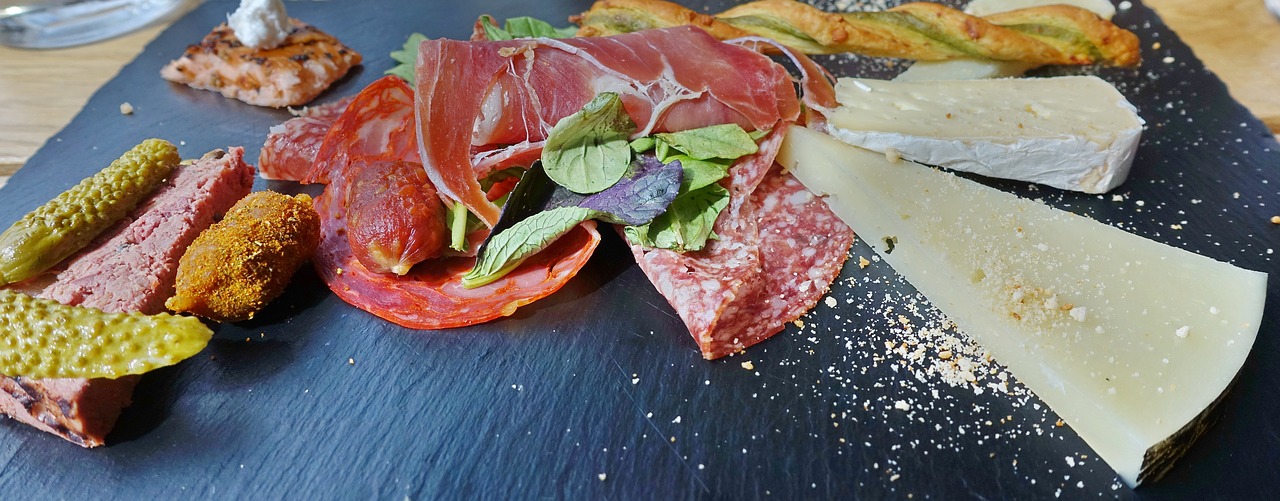
Pate may contain listeria bacteria, a microorganism present in the liver. Expecting mothers should avoid the consumption of pate due to the underlying risk of listeriosis.
It can harm the baby if consumed during pregnancy and result in severe illness in the newborn. It is always advisable to avoid pate to reduce the risk of listeria infection.
Uncooked & Undercooked Ready Prepared Meals
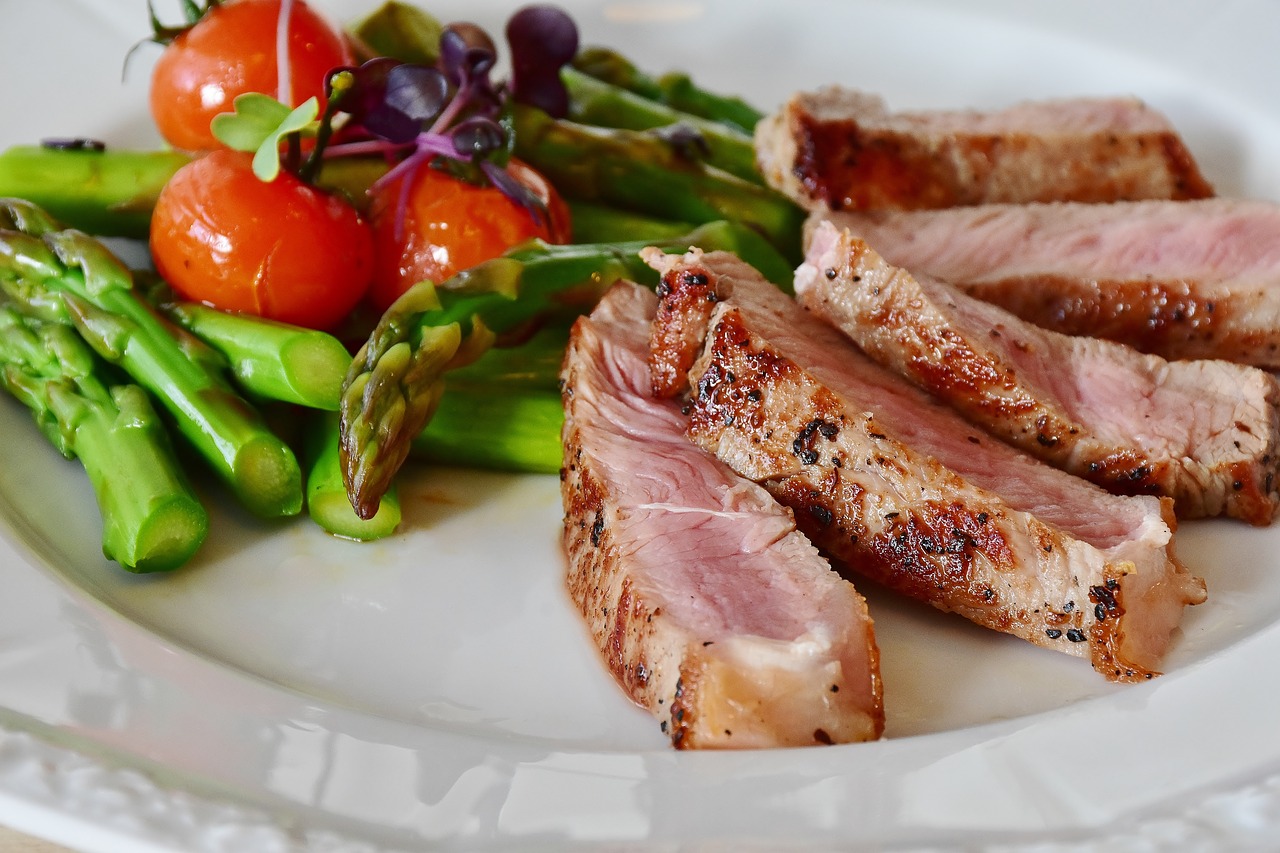
It is essential for pregnant women to only prefer fully cooked meals that are safe to eat to avoid any sort of infections caused by pathogens and other microorganisms. The risk of listeriosis always looming over in the case of ready-prepared meals that contain raw and undercooked meat.
Cheese
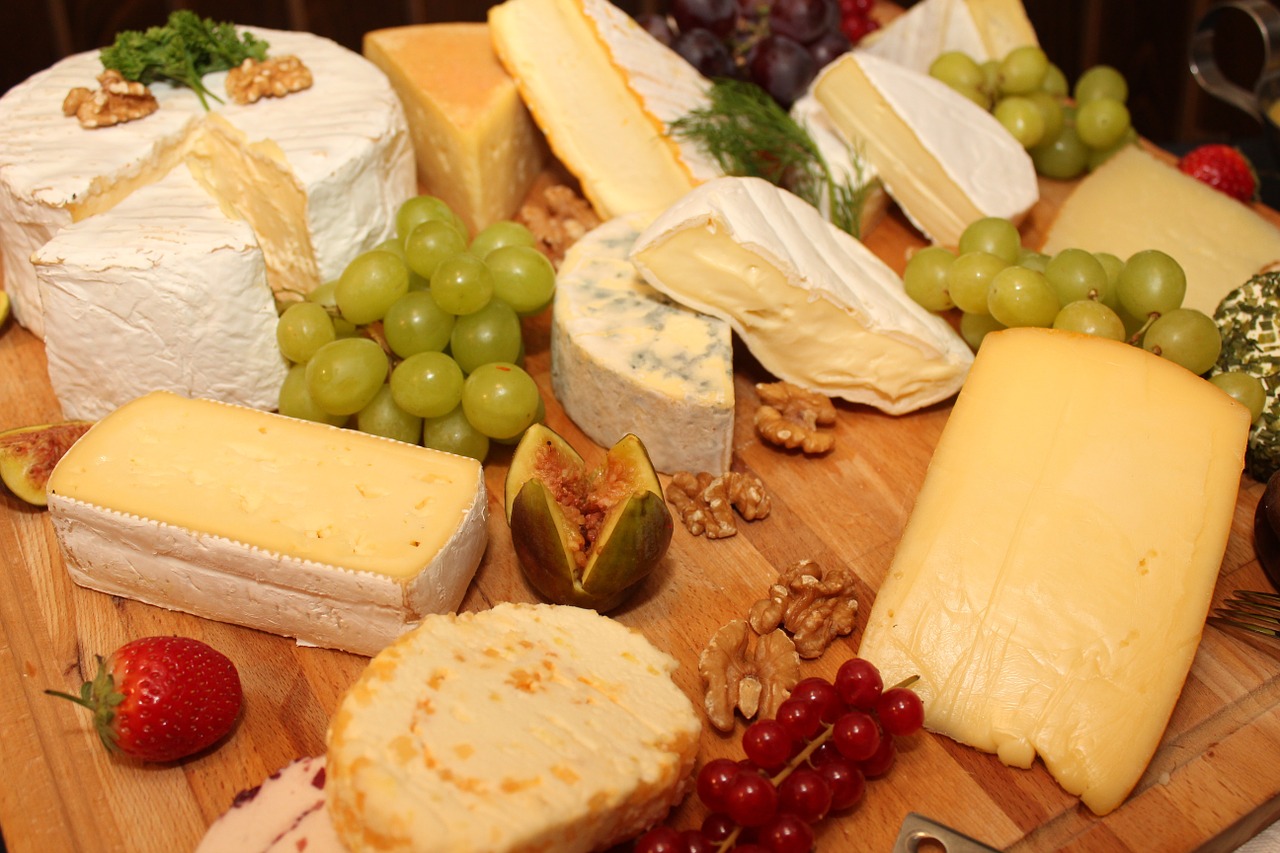
Mother to be should avoid certain kinds of cheese which have the risk of listeria infection after consumption. Some of the cheese such as blue-veined cheese, brie or camembert, Danish blue, gorgonzola, soft cheese, and goat cheese should be avoided during pregnancy.
Frequently Asked Questions
What are the foods to eat and avoid during pregnancy?
Answer: Foods to avoid during pregnancy: Peanut butter, raw eggs, high-mercury fish, unpasteurized milk products (raw cheese to artisanal yogurt), raw sprouts.
Foods to eat during pregnancy include whole grains, fruits, and vegetables rich in vitamin C and antioxidants like spinach and oranges. Protein should be introed at about ten ounces per day or more because it supplies the fetus with all of its needs for muscle development. Limit your fats to monounsaturated fats such as olive and canola oils rather than saturated or trans fats. On the subject of alcohol, doctors say no more than one drink a day is fine though none at all if you want but this might change things unnecessarily.
What are some sources of vitamin D that aren’t dairy-based?
Answer: There are a lot of sources for Vitamin D, but unless you spend a lot of time outdoors (especially in direct sunlight) or take supplements, it’s hard to get enough. It’s best to always ask your doctor about this first before taking any new dietary supplement or product.
Sources include fish oil with vitamin D3, mushrooms exposed to UV rays, egg yolks and butterfat, beef liver, and certain plants like alfalfa and amaranth leaves that have been grown through exposure to UV light. But trust me–I can’t remember the last time I was that diligent about getting my calories from the sun!
Do any foods make you feel sick during your pregnancy?
Answer: Yes, many women report that certain foods make them feel sick during pregnancy. One common cause for this is the increased blood flow to your stomach due to morning sickness, which may cause heartburn and bloat. Certain processed meats like ham, chicken, or shrimp can also increase nausea in pregnant women as these have been linked to listeria infection. The final culprit could be brain chemistry changes caused by the pregnancy hormone progesterone. Progesterone has a relaxant effect on smooth muscle tissues of the digestive tract—such as those in the esophagus and stomach—making it easier for food particles like meatballs to slip into your mouth along with excess air as you chew more slowly than usual thanks to morning sickness.
What were your cravings during pregnancy, if any?
Answer: Cassie’s cravings were for meatballs in tomato sauce with Parmesan cheese.
The craving for spicy food can be triggered by a mild, self-limiting virus that leaves the tissues inflamed and feeling tender to touch but is otherwise harmless. The spicier foods may feel good because they act as painkillers or “anti-inflammatories” or, more specifically, give your body what it needs to produce natural pain-killing chemicals known as endorphins which block messages of pain from traveling up nerves and into the brain.
Summary
Pregnancy is very fragile, and any sort of ignorance can cost miscarriages and the loss of a baby or in certain cases severe newborn illness. The couple should be mindful of the food items and beverages they consume along with portion size.
These harmful consumables should be avoided and if not possible should be minimized to a bare minimum level. Please consult any health professionals before making and choices about food items and beverages. “Eat Healthily, Stay Healthy”.

